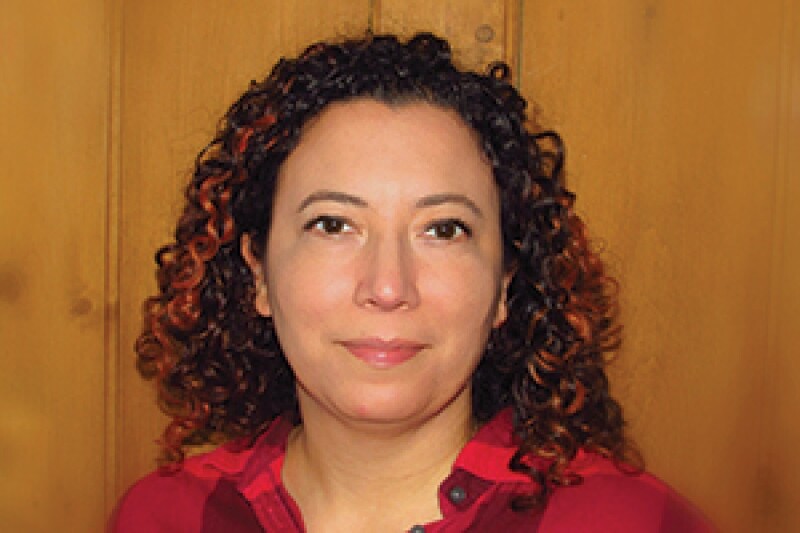
|
Maya Forstater is a new entry this year |
Nobody quite digs into tax data like Maya Forstater. London-based Forstater has made it her mission to assemble and analyse data that provides a base for meaningful dialogue on tax trends through her blog and blog Twitter activity under the handle @MForstater.
"I became interested in tax because it is an area that seems to be stuck in a dysfunctional debate. Issues related to legal compliance such as tax evasion and illicit financial flows get mixed together with questions about how the international tax system works and whether it should be fundamentally reformed or incrementally improved," Forstater tells International Tax Review.
Currently, Forstater is a visiting fellow at the Centre for Global Development, and an adviser to The B Team, a non-profit organisation for sustainable business that brings together global leaders from business, civil society and government, founded by entrepreneur Richard Branson.
She tells ITR how the stakeholders in the tax debate, academics, policymakers, NGOs, tax professionals and the public, seem to be talking past one another and lack a common language and evidence-base for constructive debates.
"Many of the numbers that are most widely repeated are myths which tend to inflate the scale of the revenues at stake. Rough estimates can be a good starting point for shining a light on issues, but often these numbers are overhyped, or misunderstood. My blog has become a bit of a one-stop shop for checking these estimates and claims," she says.
As examples of unchecked figures dominating the headlines in many of the tax debates she cites examples such as: corporate tax avoidance being worth 'three times more than aid' to developing countries, Zambia losing $3 billion to corporate tax avoidance, corporate tax avoidance in Europe might be worth €1 trillion ($1.2 trillion), and that developing countries are losing $1 trillion a year in illicit financial flows 'mainly through corporate tax avoidance'.
"When inflated numbers are combined with high profile exposés such as the 'Paradise Papers' there is a danger of jumping to rash politically satisfying responses. The potential damage is not just to the reputation of corporations, celebrities and the tax profession, but to confidence and trust in the tax system and to the quality of public understanding and debate about public policy."
Proper analysis and understanding of data is needed to improve the debate on tax issues and to reinstate public trust, she says, otherwise "more data may just lead to more cycles of noise and outrage".
Looking ahead to 2018, Forstater says she has been working with The B Team on developing a platform for business leadership around responsible tax through dialogues between companies and campaigning organisations.
"These kinds of dialogues are emerging more and more – such as ones hosted by KPMG, by the think tank CiVi, and by the CBI working with Oxfam. I hope that they will lead to a new generation of tax debates which evolve from antagonism to constructive dialogue and the development of a common evidence-base," Forstater concludes.
The Global Tax 50 2017 |
|
|---|---|
The top 10 • Ranked in order of influence |
|
6. Arun Jaitley |
|
The remaining 40 • In alphabetic order |
|
| The Estonian presidency of the Council of the European Union |
|
| International Consortium of Investigative Journalists (ICIJ) |
|
| United Nations Committee of Experts on International Cooperation in Tax Matters |
|









